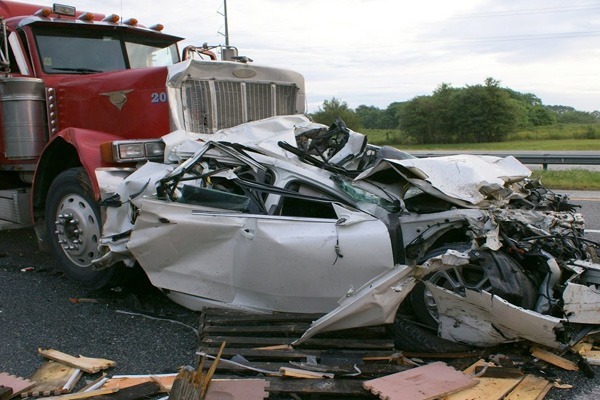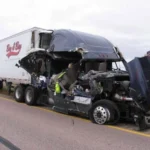Baton Rouge, Louisiana, is a bustling hub of activity with a rich cultural heritage and a thriving economy. However, the city’s heavily trafficked roads, including major highways like Interstate 10 and Interstate 12, have become hotspots for accidents involving 18-wheelers. These massive trucks are vital for transporting goods but present significant dangers due to their size, weight, and the challenges of maneuvering them in busy urban and suburban areas.
Causes Behind the Spike in 18-Wheeler Accidents
Several factors contribute to the increasing number of 18-wheeler accidents in Baton Rouge. Driver fatigue remains a major issue, as truckers often face tight delivery deadlines, pushing them to drive for long hours with little rest. Distracted driving, exacerbated by the use of smartphones and in-cab technology, is another common cause of these crashes. Additionally, the city’s frequent bouts of heavy rain and fog create hazardous driving conditions that increase the risk of collisions. Other contributing factors include mechanical failures from inadequate maintenance and improperly loaded or unbalanced cargo, which can lead to rollovers or loss of control.
The Severe Consequences of 18-Wheeler Accidents
The consequences of these accidents are often severe and far-reaching. The size and weight of 18-wheelers mean that collisions with smaller vehicles typically result in devastating injuries and, in many cases, fatalities. Beyond the immediate human toll, these accidents cause significant property damage and can lead to environmental hazards if the truck is carrying dangerous materials. Traffic disruptions are also a frequent outcome, as accidents involving large trucks often result in road closures and lengthy delays, compounding the city’s existing congestion issues. Victims of these accidents face financial burdens from medical expenses, lost wages, and rehabilitation, often leading to legal battles with trucking companies and insurance providers.
Solutions for a Safer Future
Efforts to reduce 18-wheeler accidents in Baton Rouge require a comprehensive approach. Stricter enforcement of safety regulations, such as limits on driving hours and mandatory maintenance checks, is essential. Providing truck drivers with more extensive training on safe driving practices, especially in adverse weather conditions, can also help mitigate risks. Technological advancements like collision mitigation systems and lane-keeping assist are increasingly being adopted by trucking companies to enhance safety. Public awareness campaigns can educate motorists on sharing the road with large trucks, while improved road infrastructure, including better signage and safer intersections, can help prevent accidents.
Conclusion
The growing prevalence of 18-wheeler accidents in Baton Rouge highlights the need for urgent action to protect drivers and passengers alike. By addressing the root causes of these accidents and implementing targeted solutions, the city can work toward making its roads safer for everyone while maintaining the vital flow of goods that keeps its economy thriving.


